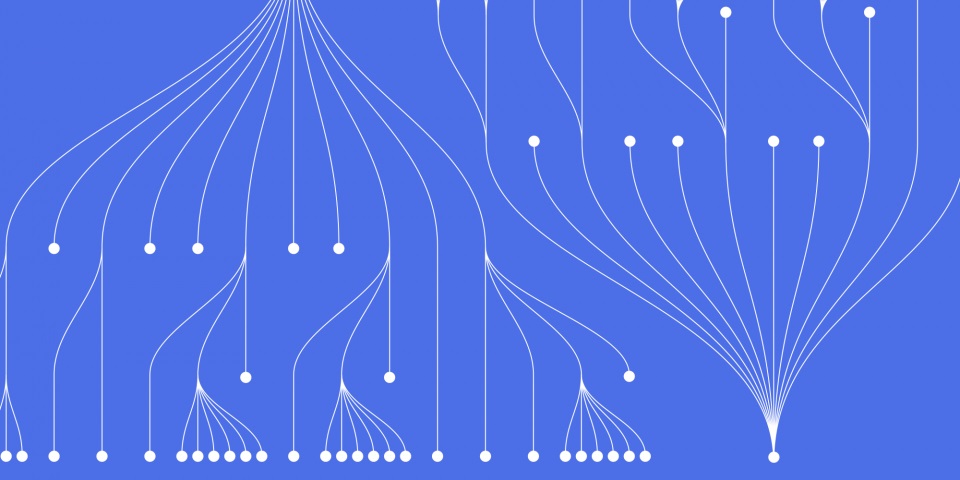
6 April 2023
Writing clean and readable code is essential for any Python developer. Clean code is easy to understand and maintain, making it more efficient and cost-effective in the long run. In this guide, we will explore the best practices and techniques for writing clean code with Python.
Clean code follows a set of principles and best practices that help developers write efficient, maintainable, and readable code. Some of the key principles of clean code include:
By following these principles, you can improve the quality and readability of your Python code.
One of the most important principles of clean code is using meaningful names for your variables, functions, and classes. Your code should be self-documenting, meaning that anyone reading it can understand what it does without having to decipher confusing or ambiguous names.
For example, instead of using generic names like "var1" or "func2", use descriptive names that reflect their purpose. For instance, if you're writing a function to calculate the area of a rectangle, you could name it "calculate_rectangle_area". This makes the code more readable and easier to understand.
Another key principle of clean code is writing small and focused functions. A function should do one thing and do it well. This makes it easier to understand and maintain.
For example, if you're writing a function to process a list of items, you could break it down into smaller functions that perform specific tasks. This makes the code easier to understand, debug, and modify.
Using consistent formatting and style in your code makes it easier to read and understand. Consistent formatting also makes it easier to maintain and modify the code in the future.
For instance, you could use a specific indentation level for your code, use consistent naming conventions, and keep your lines of code within a specific character limit. Python has its own style guide, known as PEP 8, which outlines the recommended coding style for Python developers.
Testing and refactoring your code regularly is an essential part of writing clean code. Testing ensures that your code works as expected, while refactoring helps to improve the quality and readability of your code.
For instance, you could write unit tests to ensure that your functions and classes work as expected. You could also use tools like pylint to identify areas of your code that need refactoring.
Using Python libraries and frameworks can help you write clean and efficient code. Python has a large and active community of developers who have created libraries and frameworks that make it easier to write clean and efficient code.
For instance, you could use the requests library to make HTTP requests, the NumPy library for scientific computing, and the Django web framework for building web applications.
In this guide, we have explored the best practices and techniques for writing clean code with Python. By following these principles, you can improve the quality, readability, and maintainability of your code. Remember to use meaningful names for your variables, functions, and classes, write small and focused functions, use consistent
Here are some official documentation resources related to writing clean code in Python:

CONTACT
+44 (0)20 8446 7555
Copyright © 2023 JBI Training. All Rights Reserved.
JB International Training Ltd - Company Registration Number: 08458005
Registered Address: Wohl Enterprise Hub, 2B Redbourne Avenue, London, N3 2BS
Modern Slavery Statement & Corporate Policies | Terms & Conditions | Contact Us